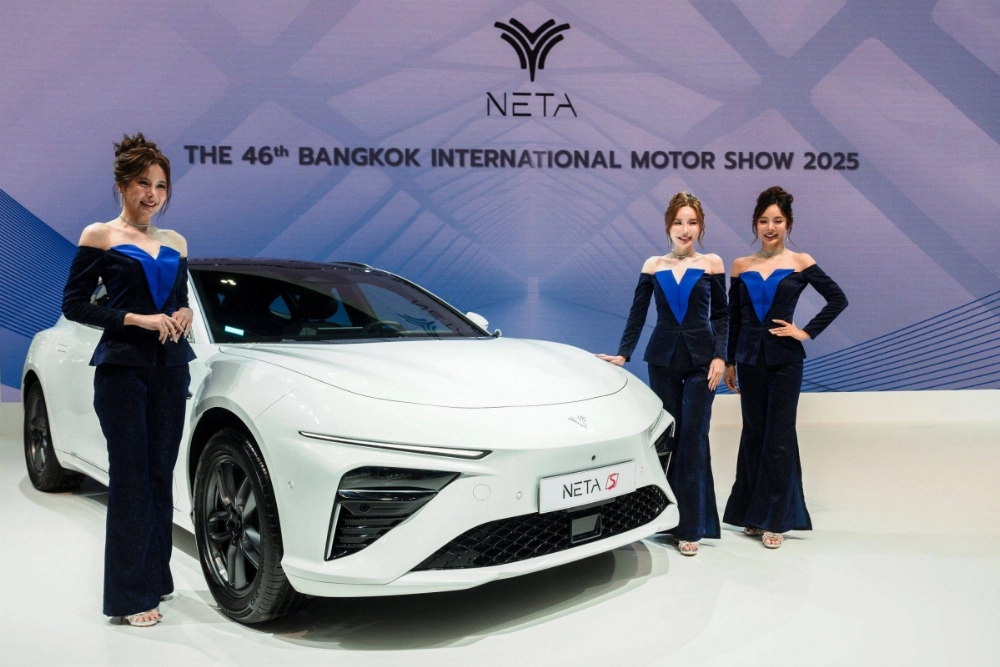China is setting the pace for the automobile industry.
A country that only a short while ago relied on foreign technology and knowhow in this sector is now the global leader in electric vehicles. This success is part of a broader effort to become the global champion of green technology, a campaign that has enjoyed considerable success.
Leading this remarkable development is Build Your Dreams, the Shenzhen-based carmaker better known as BYD. Last year, the company overtook Tesla to become the world’s leading EV manufacturer. Its success reflects a new approach to thinking about automobiles, one that focuses not on the car itself but on the transportation experience. BYD is not the only carmaker with this mindset but that strategy along with its technological knowhow — and generous support from the Chinese government — has propelled it into first place.

















With your current subscription plan you can comment on stories. However, before writing your first comment, please create a display name in the Profile section of your subscriber account page.